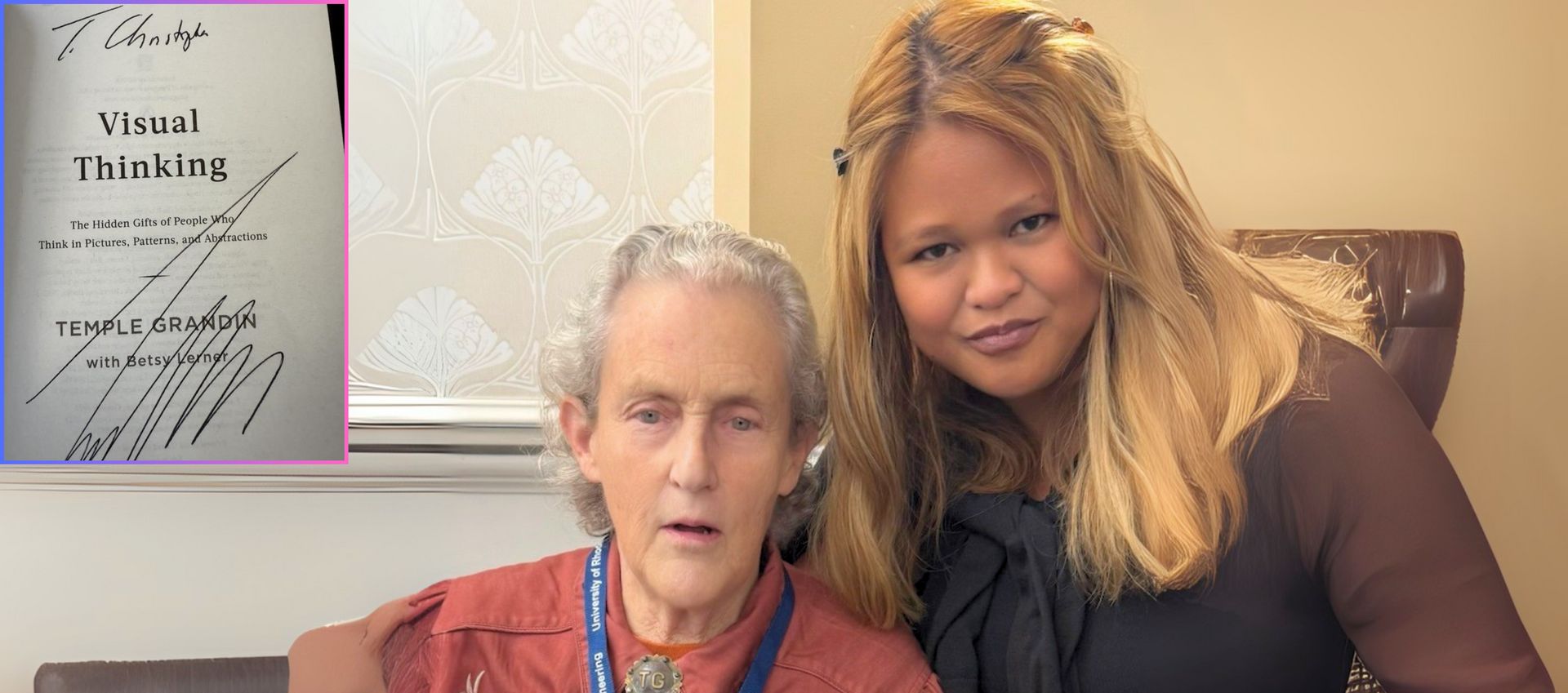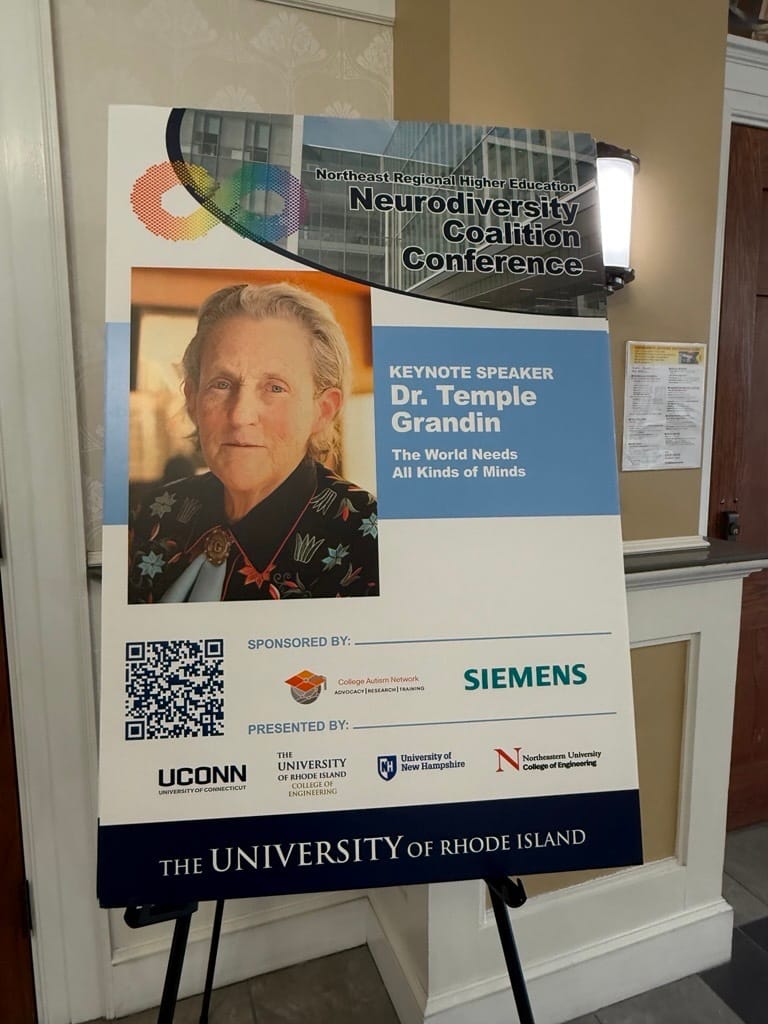- Daily Success Snacks
- Posts
- Neurodiversity and Parenting: Seeing the Powerful Talents in Your Autistic Child.
Neurodiversity and Parenting: Seeing the Powerful Talents in Your Autistic Child.
Follow these 4 steps that autism parents use to stay calm, read your child's signals, and build stronger relationships through difficult moments.

Read time: 2.5 minutes
About 1 in 31 (3.2%) children aged 8 years has been identified with ASD according to estimates from CDC's ADDM Network. (CDC, 2025)
This means in any crowded space, families are managing challenges most can barely imagine.
What looks like a parenting disaster is often a masterclass in strength.
Picture this: You're at McDonald's. Your child is having a meltdown because he wanted salty fries, but they accidentally gave him cheesy fries instead. The fries sit untouched in the red carton as he cries over this disappointment.
People are staring from every direction. But you tune them out. Your focus is only on your child. You speak softly, stay calm, and try to help him through this tough moment… even though it's hard.
Most people would call either of these their worst nightmare. For autism parents? This is just another day.
These parents are masters of skills many never see:
Listening to what isn't said.
Advocating in a world that prefers silence.
Building trust where it's needed most.
And here's the truth: Society may judge, but these families adapt. Strength is built one intentional moment at a time.
Their quiet resilience isn't just parenting, it's a masterclass in empathy, love, and what it means to truly champion someone.
Four Truths These Parents Live By:
Every meltdown is communication: When your kid can't tell you what's wrong the traditional way, you become a detective. These parents read every tantrum like a map, knowing their child is trying to say something important.
Ignore society's script: They've learned something revolutionary — they don't have to explain themselves to strangers. They show up exactly as they are and stopped caring if that makes others uncomfortable.
Your voice matters most: Research shows these parents develop incredible advocacy skills fighting for their kids. They speak up to teachers, doctors, and anyone who underestimates their child. These aren't just parenting skills… they're leadership skills.
See magic where others see problems: While everyone else focuses on what these kids "can't" do, their parents celebrate victories nobody else notices. Eye contact with a stranger? Victory. Trying new food? Victory. Getting through grocery shopping? Absolute victory.
Key Takeaways:
Resilience isn't loud: The strongest families often appear to be struggling to everyone else.
Different doesn't mean broken: These parents have mastered the art of loving someone exactly as they are.
Crisis builds character: Years of practice turning disasters into manageable moments create unshakeable strength.
Love doesn't quit: When things get impossibly hard, these families prove that real love shows up anyway.
If this resonates, it's more than a parenting story ... it's a lesson in what human strength actually looks like.

Neurodiversity Coalition Conference
At a recent conference, I had the privilege of meeting Temple Grandin. Their wisdom re-affirmed everything I've learned on this journey: I am doing the right things for my child. His love of technology sparked One Autism Health.
They reminded me of what every autism parent needs to hear: never accept society's edits. Don't shut your child out from the world; go out with them. Be their strongest advocate. Always.
Our kids hold so many talents. Untapped, Unseen, Unappreciated by a world that doesn't know how to look. But they're real. They're powerful. And they're waiting for us to help them shine.
👉 LIKE if this changed how you see autism families.
👉 SUBSCRIBE now for weekly stories that flip the script on what strength really means.
👉 Follow Glenda Carnate for daily reminders that the most powerful people are hiding in plain sight.
Instagram: @glendacarnate
LinkedIn: Glenda Carnate on LinkedIn
X (Twitter): @glendacarnate
👉 COMMENT with one thing you wish more people understood about these families.
👉 SHARE this with someone who needs to see extraordinary disguised as ordinary.
Reply